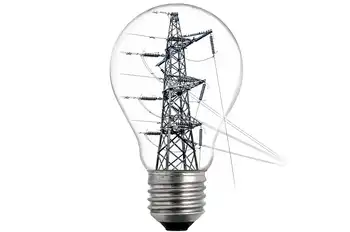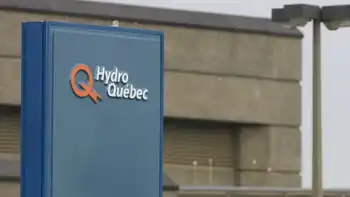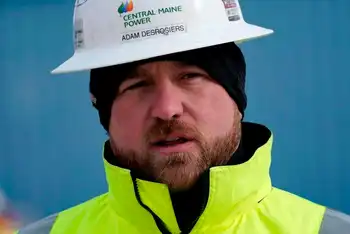Turn on your dishwasher with your radio
- CBC Radio could soon be providing more than news and weather in the morning. How about adjusting your thermostat, or maybe switching on your coffee maker before you slink out of bed?
Canada's national radio broadcaster has partnered up with e-Radio Inc. of Toronto to test out a way to control "smart grid" appliances using FM radio frequencies. So far, the companies say, the results are encouraging.
At the heart of the technology is e-Radio's FM receiver module, a tiny chip that's slightly smaller than a postage stamp. When installed inside the control system of a smart appliance, such as a dishwasher or thermostat, it allows for remote operation of the appliance using wireless FM frequencies.
"Pre-production units are already installed in a real residential setting and successfully tested in Toronto," said Jackson Wang, president and chief executive of e-Radio. "I believe it is a first in Canada."
The idea of using FM frequencies to manage appliances has been picking up momentum. In October, the U.S. National Association of Broadcasters asked the U.S. Federal Communications Commission to permit the use of FM radio data system (RDS) signals to enable smart grid applications.
"In many cities, RDS technology is used to communicate traffic information to consumer GPS devices," said the association, pointing out that it doesn't require investment in new infrastructure to expand that use to smart-grid applications.
"The radio broadcast communication system is already built and provides service to nearly every house and vehicle in America."
The data is delivered over an FM sub-channel so the quality of radio broadcasts is not affected. The signals could eventually be used to broadcast electricity price information to e-Radio's FM receivers, making it to possible to program appliances so they only run when electricity demand and power prices are at their lowest, or at times when wind farms are most productive.
Wang said CBC Radio's FM signals reach close to 99 per cent of the Canadian population, making the national broadcaster an ideal partner. He said e-Radio is also working with one of the largest appliance makers in the world to embedded FM receivers in standard household appliances.
"We will be disclosing our specific activities with this partner in due time," said Wang.
The company is taking part in at least six pilot projects to test its technology. It's widely believed that General Electric is one of the appliance makers working with e-Radio. In addition to FM radio technology GE is developing appliances that can use the ZigBee and HomePlug standards to communicate.
"We're proud to help pioneer this new made-in-Canada innovation," said Michel Tremblay, senior vice-president of corporate strategy at CBC Radio.
If the technology takes off, FM radio broadcasters could find it a valuable source of new income in the coming years.
Related News

BC Hydro: 2021 was a record-breaking year for electricity demand
VANCOUVER - From June’s heat dome to December’s extreme cold, 2021 was a record-setting year, according to BC Hydro.
On Friday, the energy company released a new report on electricity demand, and how extreme temperatures over extended periods of time led to record peak loads.
“We use peak loads to describe the electricity demand in the province during the highest load hour of each day,” Kyle Donaldson, BC Hydro spokesperson, said in a media release.
“With the heat dome in the summer and the sustained cold temperatures in December, we saw more record-breaking hours on more days last year than any other single…




